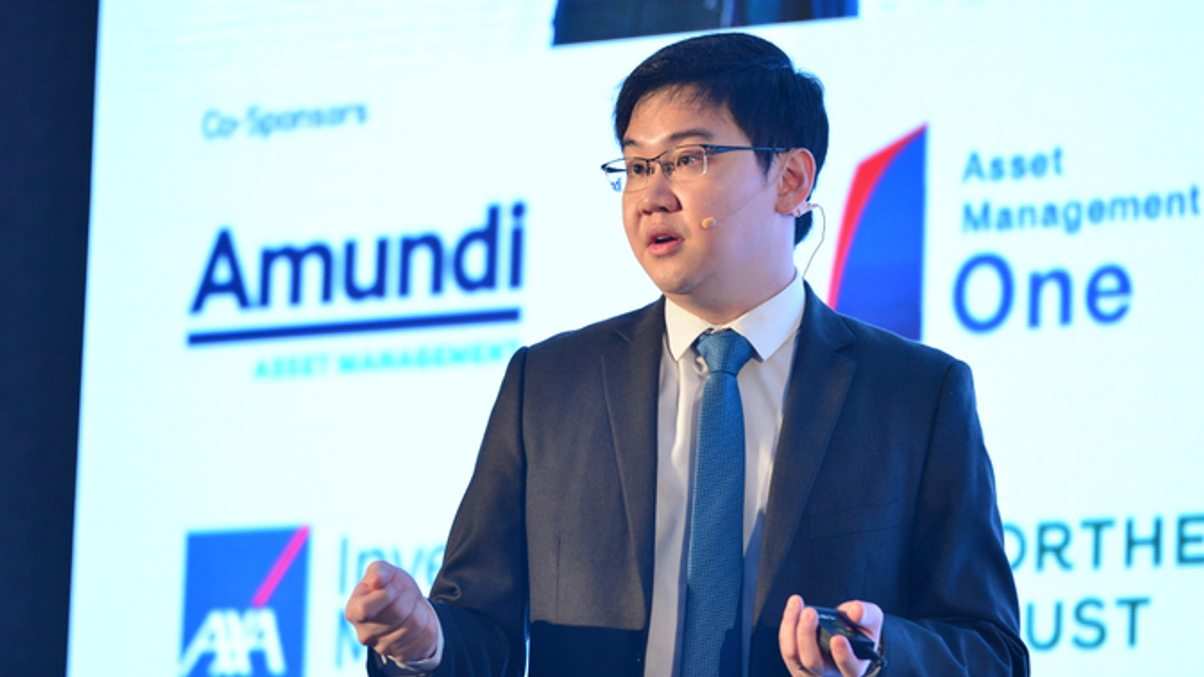Photos: Southeast Asia Institutional Investment Forum
Investors gathered at the annual Southeast Asia Institutional Investment Forum to learn about the outlook for an uncertain 2020, amid a trade war and slowing global economy.

A gathering of leading asset owners and investment industry executives convened in Singapore to discuss the outlook for global investment markets on December 3, following a surprisingly strong year for asset performance.
Sign in to read on!
Registered users get 2 free articles in 30 days.
Subscribers have full unlimited access to AsianInvestor
Not signed up? New users get 2 free articles per month, plus a 7-day unlimited free trial.
¬ Haymarket Media Limited. All rights reserved.


